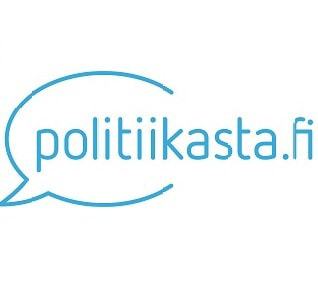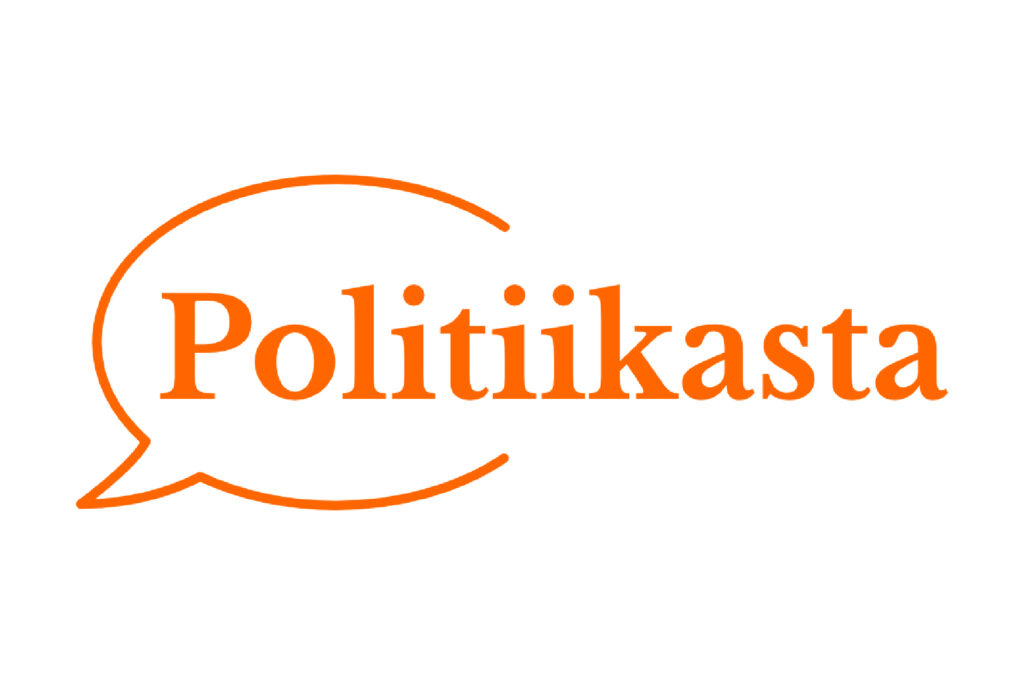Call for Papers
11th Jyväskylä Symposium on Political Thought and Conceptual Change
2–3 June 2016
Department of Social Sciences and Philosophy, University of Jyväskylä
Organised by the FiDiPro project Transformations of Concepts and Institutions in the European Polity (TRACE)
Politicization, parliamentarization and democratization in the EU
By exploring the multifaceted relationships between key political processes, politicization, parliamentarization and democratization, the aim of the 11th Jyväskylä Symposium on Political Thought and Conceptual Change is to draw a richer analysis of the EU as a polity.
In contrast to approaches that focus on institutions, public policies, or an increasingly party-political turn in debates and decisions on EU policies, the symposium encourages submissions that conceptualize the EU as an arena of political struggle that provides new opportunities in terms of political stakes, controversies and power resources.
Politicization creates spaces and issues for political action, turning practical issues into political problems, challenging the meanings of the EU, and thereby redefining power spaces.
Parliaments have a crucial role to play: they are arenas for controversies, sites of political representation, and actors of politicization and democratization. Parliamentarization is not only understood as referring to specific institutions or relationships between these. It also refers to an ideal or regulative idea of political action that involves public debates, controversies and pro and contra argumentation, their procedures and practices.
Democracy is not a static, ‘eternal’ state of affairs. It is a constant process that involves a variety of patterned actions and contradictions. While in a historical perspective democratization refers to politicization through an increase of participation in political life, in the EU it relates to the EU’s institutional dynamic and notably the parliamentarization of the issues dealt by the EU. Besides these institutional aspects, democratization is also a politicizing practice.
This perspective on politicization, parliamentarization and democratization invites contributors to draw a more complex picture of the development of the EU polity: it is not one of linearly increasing parliamentarization and democratization, but one marked by complex processes and controversies between institutional and individual actors at different political levels and arenas, their respective political stakes, and the related debates and arguments.
The symposium invites theoretical and empirical papers from scholars working on European studies, political theory, political sociology, history of political thought, political rhetoric and related disciplines.
Keynote speakers:
Caitriona Carter (IRSTEA, Bordeaux)
Claus Offe (Hertie School of Governance, Berlin)
Ingeborg Tömmel (University of Osnabrück)
Please send abstracts (max. one page) before April 22nd to Tuula Vaarakallio (tuula.vaarakallio@jyu.fi).
Decisions will be communicated during the first week of May.
Limited funds are available to provide graduate students with travel stipends.




